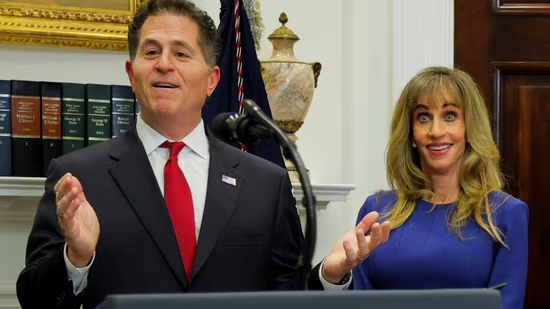Trump's India tariffs to have significant impact on cost of goods, diplomacy
- Alexangel Ventura

- Aug 28, 2025
- 2 min read
As Trump levies even higher tariff rates on the neutral nation of India, the U.S. economy is expected to face higher costs of goods imported from the Asian country, and India is restructuring its diplomacy away from the West.

As of August 28th 2025, American tariffs include a 10% baseline duty on Indian imports, a 25% reciprocal tariff announced on April 2nd 2025, and an additional 25% penalty tariff in response to India's continued imports of Russian crude oil and military supplies.
These all equate to an approximately 55% tariff of Indian exports to the United States, one of the highest duties margins in the world following "Liberation Day."
India is a very heavy exporter to the United States, so many different industries/commodities will be effected almost instantly by the duties.
First off is textiles and apparel. India is among the top producers of clothing in the world, especially as many companies move from China to India, Vietnam, and other places due to strategic concerns. About 70% of exports to the U.S. in this field will be potentially impacted, with job losses and production halts in India being certain.
Jewelry will also be effected as India is a mass producer of cut & polished diamonds, gold, silver, and lab-grown diamonds. These jewelry especially land on American shores fueled by higher incomes and subsequently a greater willingness to purchase. In total, $8.9 billion in imports are at risk.
Then there's automobiles and chemicals, which although are not very large contributors to U.S. imports compared to Chinese-made goods, will still have a high impact. Production halts across India are expected, whole $6.4 billion in exports from Indian of chemicals will be affected, leading to supply chain disruptions.
India has condemned the high tariffs as being "unfair, unjustified, and unreasonable," arguing that they have the right to pursue a uniquely independent energy policy through oil imports from Russia. Currently, India is exploring alternative markets like Japan, Australia, and the United Kingdom to reduce the financial strain, but the nation is also looking into further cooperation with China and Russia as a member of the anti-American BRICS economic alliance.









